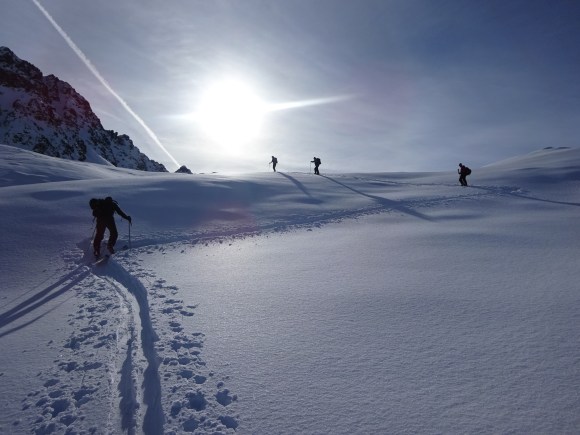
The Wikimedia Foundation is a non-profit with a big mission: to provide free and open knowledge to everyone around the world. By constantly working to improve our fundraising appeals and strategies, we ensure that mission is never at risk. This year, we partnered with Lake Research Partners to conduct an online survey reaching out to over 1,000 donors in the United States, Canada, Australia, and Great Britain. Our goal was to better understand what drives readers of the English Wikipedia to support the encyclopedia.
Here are five things we learned:
#1. Why do people give to Wikipedia? The number one reason is that they find it really useful.
The majority of donors across all four countries surveyed use Wikipedia several times per week or more. Donors also stated that they stand behind the Wikimedia Foundation’s vision of supporting free knowledge for all.
#2. Donors stated that the number of fundraising appeals they received over the past year was about right.
We learned that donors recall seeing a few fundraising messages from Wikipedia, and that they consider the number of times they see donation requests to be an appropriate amount. This is good news for our online fundraising team, whose goal is to educate readers about our mission, motivate them to become donors, and then get out of their way. Last year, we eliminated millions of banner impressions from the site in order to maximize campaign efficiency while mitigating disruption of the reading experience as much as possible.
#3. Past donors have a variety of reasons for not contributing again.
The main reason past donors chose not to donate again is budgetary. In addition, past donors expressed a desire to learn more about what their money would be used for: about 1 in 5 donors said the main reason they didn’t plan to donate again was either because they didn’t know what their donation would be used for, or they had already made a donation in that calendar year. We agree that showing donors how their money is used is incredibly important; transparency is one of our core values, and we are proud to be recognized as one of the most transparent non-profit organizations in the world. Our annual plan and operating budget are developed through open processes, subject to community feedback and Board approval, and always available to the public for full review. Last year’s annual plan is available for you to read.
#4. Donors said that they prefer receiving information about causes they care about via email and social media.
While showing banners on Wikipedia is still a highly efficient way to reach our readers, email has over the last year become an increasingly important part of the Wikimedia Foundation’s fundraising revenue model. We send out far fewer emails per donor than the average non-profit each year. (The average non-profit sends 49 emails per year per subscriber; we send about 10.) Also, compared to industry standards, Wikimedia emails receive extraordinary engagement. This year, we’re also putting more of our resources toward social media. We’re offering Facebook frames for users to show their support, and will be sharing details on the importance of our individual donor model to Wikipedia’s social followers.
#5. The vast majority of donors trust Wikipedia more because it’s operated by a non-profit organization.
Our donors value the Wikimedia Movement’s commitment to neutrality and understand the importance of keeping Wikipedia independently funded. A major goal for the fundraising team is to educate donors about why it is important to maintain our non-profit status. Wikimedia’s websites are the closest thing the world has to a public internet, and we know our integrity is rooted in our independence.
What’s next?
As we enter into one of the busiest and most important periods of the year, the fundraising team will use these survey findings to further improve our campaign strategy as well as the content and design of our fundraising appeals. Moreover, as part of our commitment to transparency, we are looking at new and improved ways we can communicate about our mission to our donors and share more information about why their donations have an impact. If you have ideas and additional feedback—we are listening! Please reach out to us at fr-creative[at]wikimedia[dot]org.
If you are interested in learning more about our survey results, we invite you to visit this page.
Wikimedia Foundation

Can you help us translate this article?
In order for this article to reach as many people as possible we would like your help. Can you translate this article to get the message out?
Start translation